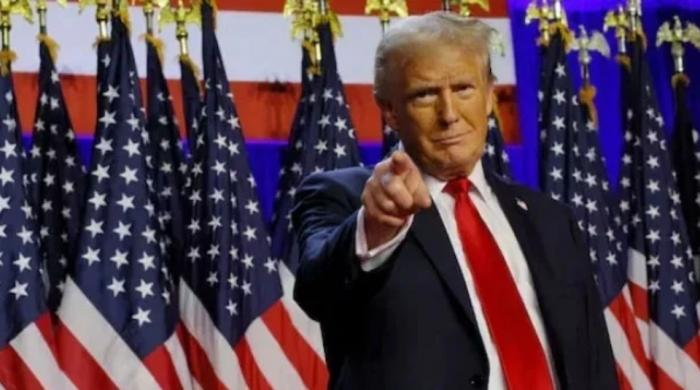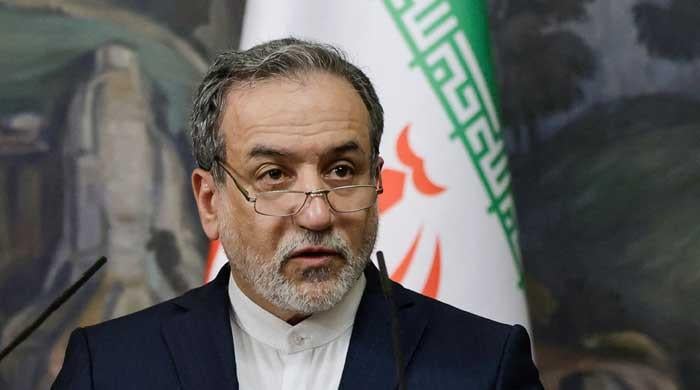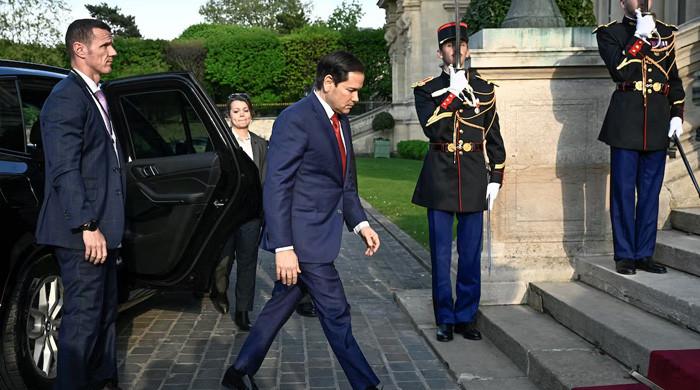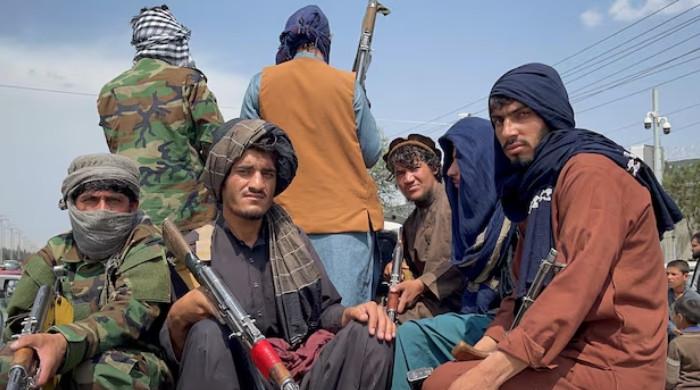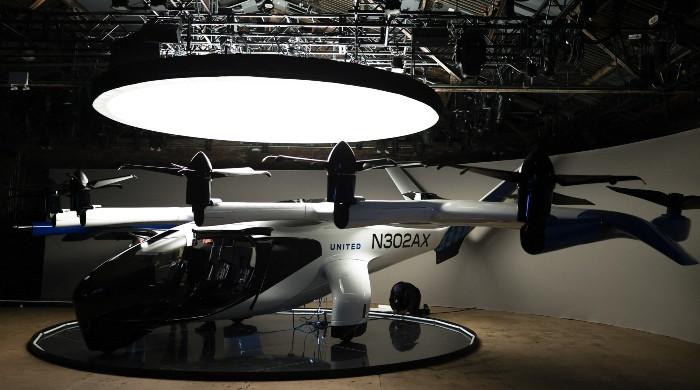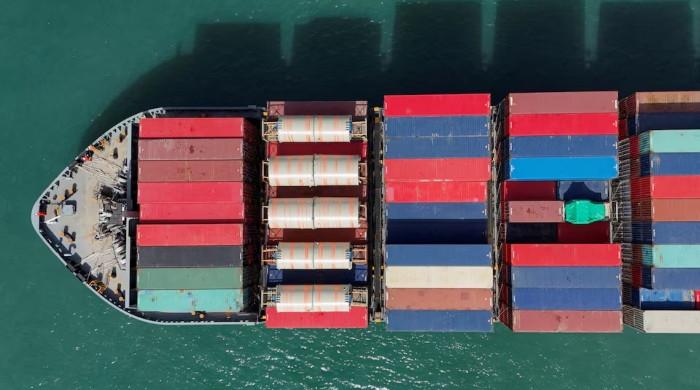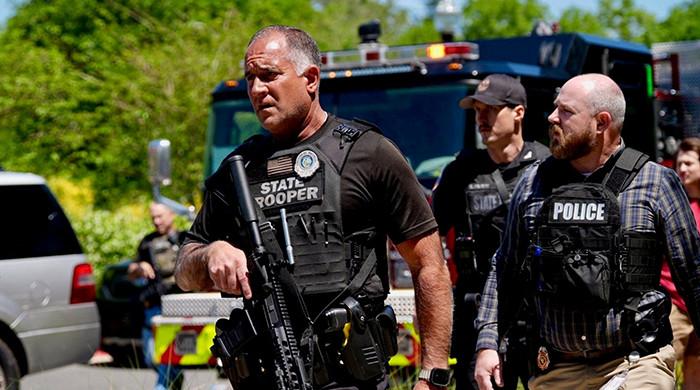Putin condemns traitors behind Wagner mutiny
Mutiny, which lasted less than 24 hours, posed a grave threat to Putin's authority and the stability of Russia
June 27, 2023
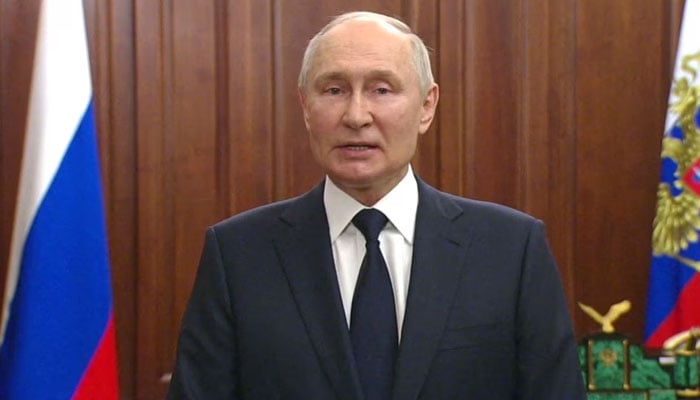
Russian President Vladimir Putin has publicly addressed the recent failed mutiny led by the head of the Wagner mercenary group, Yevgeny Prigozhin.
Putin denounced the organisers of the rebellion as "traitors" and accused them of playing into the hands of Ukraine's government and its allies. The mutiny, which lasted less than 24 hours, posed a grave threat to Putin's authority and the stability of Russia.
During his televised address, Putin expressed gratitude to the Wagner fighters who resisted engaging in violent confrontations, thus avoiding widespread bloodshed. He praised the rank and file mercenaries for their unity, endurance, and patriotism, noting, "From the start of the events, on my orders steps were taken to avoid large-scale bloodshed." The move demonstrated Putin's commitment to maintaining stability in the country.
"It was precisely this fratricide that Russia's enemies wanted: both the neo-Nazis in Kyiv and their Western patrons, and all sorts of national traitors. They wanted Russian soldiers to kill each other," he stressed.
"Civilian solidarity showed that any blackmail, any attempts to organise internal turmoil, is doomed to fail."
Amidst the aftermath of the mutiny, Prigozhin, the mastermind behind the rebellion, provided few details about his fate and whereabouts, leaving his future uncertain. Putin made no mention of Prigozhin in his address, focusing instead on the broader implications of the mutiny and the unity shown by the nation in withstanding the crisis.
The mutiny marked a culmination of the long-standing feud between Prigozhin and Russia's military leadership, primarily centred around the botched military campaign in Ukraine. Prigozhin claimed that his goal was to prevent the destruction of the Wagner group and hold accountable those responsible for the campaign's failures. He stated that the mutiny was intended as a demonstration of protest rather than an attempt to overthrow the government.
Putin further warned against attempts to sow unrest in Russia, stressing that such endeavours would ultimately fail. He pointed out that the enemies of Russia, both domestic and international, had miscalculated by trying to pit Russian soldiers against each other. Putin's strong stance demonstrated his resolve to preserve the nation's stability and deter any potential threats to his longstanding rule.
The Kremlin released footage of Putin meeting with top security, law enforcement, and military officials, highlighting his determination to address the situation promptly. Additionally, a video was released featuring Russian Defense Minister Sergei Shoigu, whom Prigozhin had demanded be removed from office, reviewing troops in Ukraine. These actions aimed to project a sense of normalcy and control within the Russian government.
As the situation unfolds, questions regarding the precise agreement that brought a halt to the mutiny and the future of the Wagner mercenaries remain unanswered. The failed rebellion serves as a stark reminder of the challenges Putin's administration faces in maintaining unity and control, both domestically and on the international stage.
In this critical juncture, Putin's firm leadership and commitment to preventing bloodshed have demonstrated his unwavering resolve to protect the stability of the Russian Federation.




